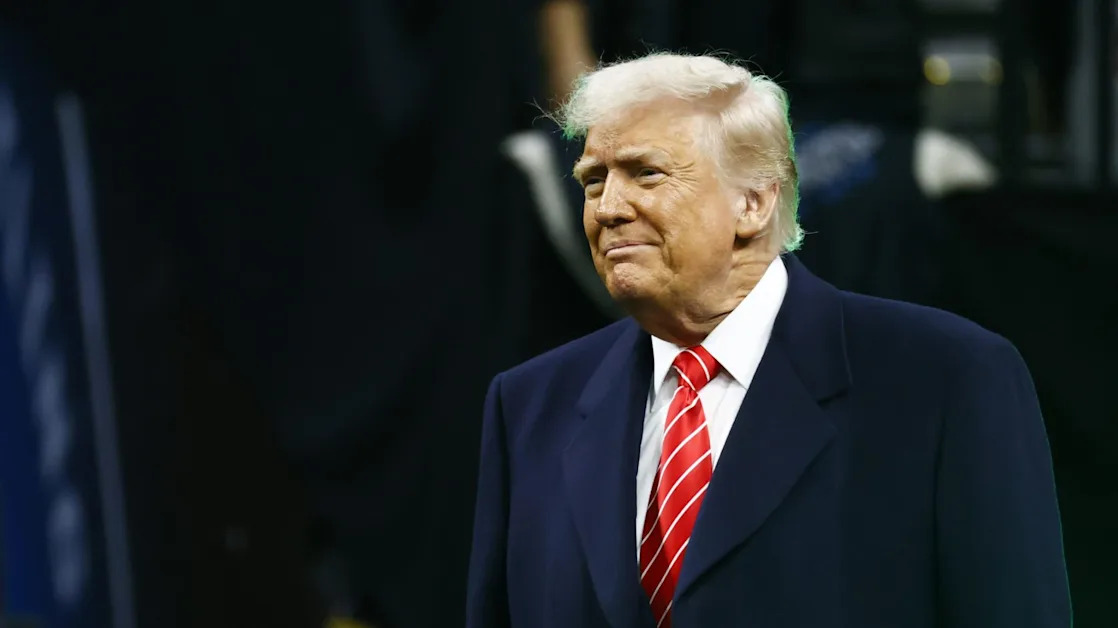
Wall Street braces for Trump’s April 2 tariff deadline—it foresees 18% EU import duties and a 43% chance of a U.S. recession
A little over a week from now analysts have a date metaphorically circled in the calendar: April 2, the day further tariff pledges are expected to be confirmed, and potentially the moment when a universal tariff is announced.
Hikes have already been threatened, rescinded, and then ultimately placed on key trading partners like Canada and Mexico, with increases also placed on imports coming from China.
Since President Trump took office in late January, tariffs have also been placed on goods coming out of the EU, such as steel, with further policy expected to be announced.
Markets have been chided by Deutsche Bank before for failing to take the Oval Office at its word, but research out of the financial giant now shows that analysts are waking up to the threat.
In its March global markets survey—which spoke to 400 market makers across the world—Deutsche Bank found sentiment about the extremity of Trump's tariff regime is moving towards the upper end.
For example, on a scale of zero to 10 (zero being no additional tariffs and 10 being an extreme regime) the December 2024 average was a five.
By March this had risen to approximately six, with the average dragged up by more analysts answering at the higher end of the scale.
The note penned by research strategist Jim Reid adds: "However, markets are expecting Europe to face a sustained U.S. tariff rate of 18% which feels higher than what is priced in."
Having asked analysts for their sustained rate, not the peak at which tariffs are likely to start during negotiations, the majority of respondents (26%) said 10% to 15%. However a further 24% and 22% of correspondents chose 15% to 20% and 20% to 25% respectively.
It comes after Trump adopted a tougher stance on the EU when running for his second term. On the campaign trail the Republican politician said he would make no exceptions for one of America's closest trading partners, saying: “I’ll tell you what, the European Union sounds so nice, so lovely, right? All the nice European little countries that get together.”
Per Reuters , he added: “They don’t take our cars. They don’t take our farm products. They sell millions and millions of cars in the United States. No, no, no, they are going to have to pay a big price.”